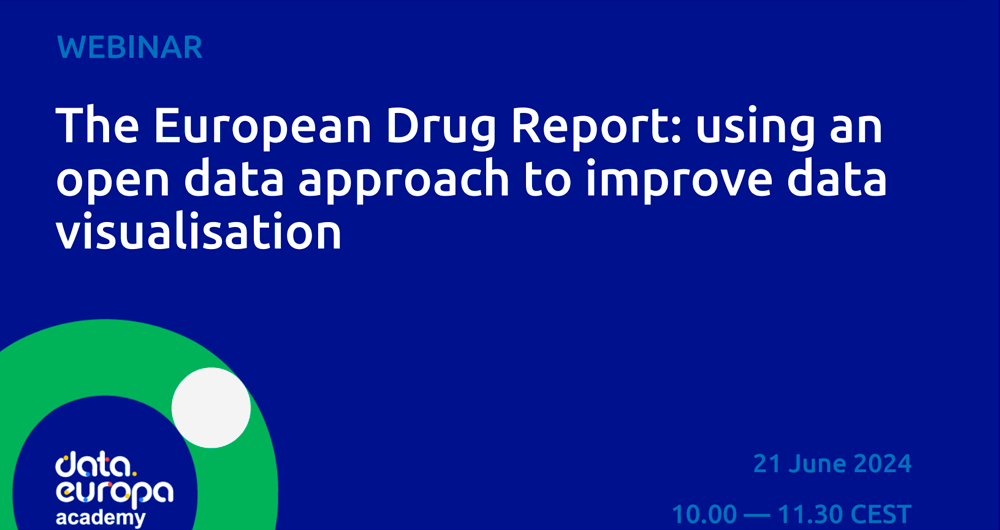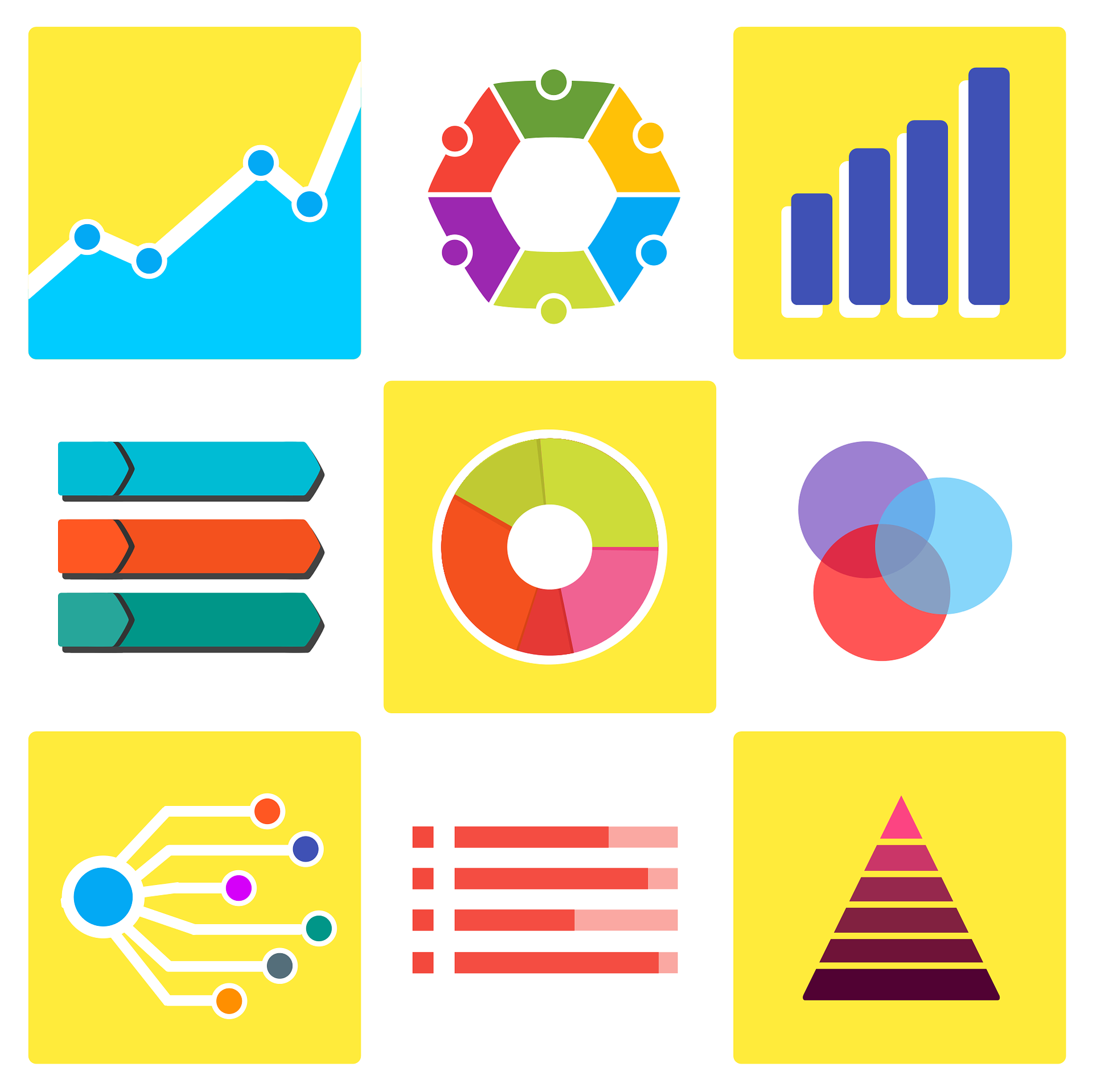25 posts found
Benefits and opportunities of public initiatives for open data visualisation
Imagine you want to know how many terraces there are in your neighbourhood, how the pollen levels in the air you breathe every day are evolving or whether recycling in your city is working well. All this information exists in your municipality's databases, but it sits in spreadsheets and technical d…
Data job offers: The most valued skills on the market
Almost half of European adults lack basic digital skills. According to the latest State of the Digital Decade report, in 2023, only 55.6% of citizens reported having such skills. This percentage rises to 66.2% in the case of Spain, ahead of the European average.
Having basic digital skills is essent…
The importance of data literacy in the context of digital rights and the rise of artificial intelligence
Data literacy has become a crucial issue in the digital age. This concept refers to the ability of people to understand how data is used, how it is accessed, created, analysed, used or reused, and communicated.
We live in a world where data and algorithms influence everyday decisions and the opportu…
How to improve data visualisation: the example of the European drugs report
The European Drug Report provides a current overview of the drug situation in the region, analysing the main trends and emerging threats. It is a valuable publication, with a high number of downloads, which is quoted in many media outlets.
The report is produced annually by the Europe…
The importance of data fairness in artificial intelligence systems
Data equity is a concept that emphasises the importance of considering issues of power, bias and discrimination in data collection, analysis and interpretation. It involves ensuring that data is collected, analysed and used in a way that is fair, inclusive and equitable to all stakeholders, particul…
How AI is transforming employment
Artificial intelligence (AI) has revolutionised various aspects of society and our environment. With ever faster technological advances, AI is transforming the way daily tasks are performed in different sectors of the economy.
As such, employment is one of the sectors where it is having…
The impact of open data on the employment sector
Open data provides relevant information on the state and evolution of different sectors, including employment. Employment data typically includes labour force statistics and information on employees, as well as economic, demographic or benefits-related data, interviews, salaries, vacancies, etc.…
Our first digital navigation. Open source alternatives to Google Maps
In the vast technological landscape, few tools have made as deep a mark as Google Maps. Since its inception, this application has become the standard for finding and navigating points of interest on maps. But what happens when we look for options beyond the ubiquitous map application? In this post w…
Data visualization: the best charts for representing comparisons
Data is a valuable source of knowledge for society. Public commitment to achieving data openness, public-private collaboration on data, and the development of applications with open data are actions that are part of the data economy, which seeks the innovative, ethical, and practical use of data to…
GPT-3 chat: we programmed a data visualisation in R with the trending AI
Talking about GPT-3 these days is not the most original topic in the world, we know it. The entire technology community is publishing examples, holding events and predicting the end of the world of language and content generation as we know it today. In this post, we ask ChatGPT to help us in progra…









